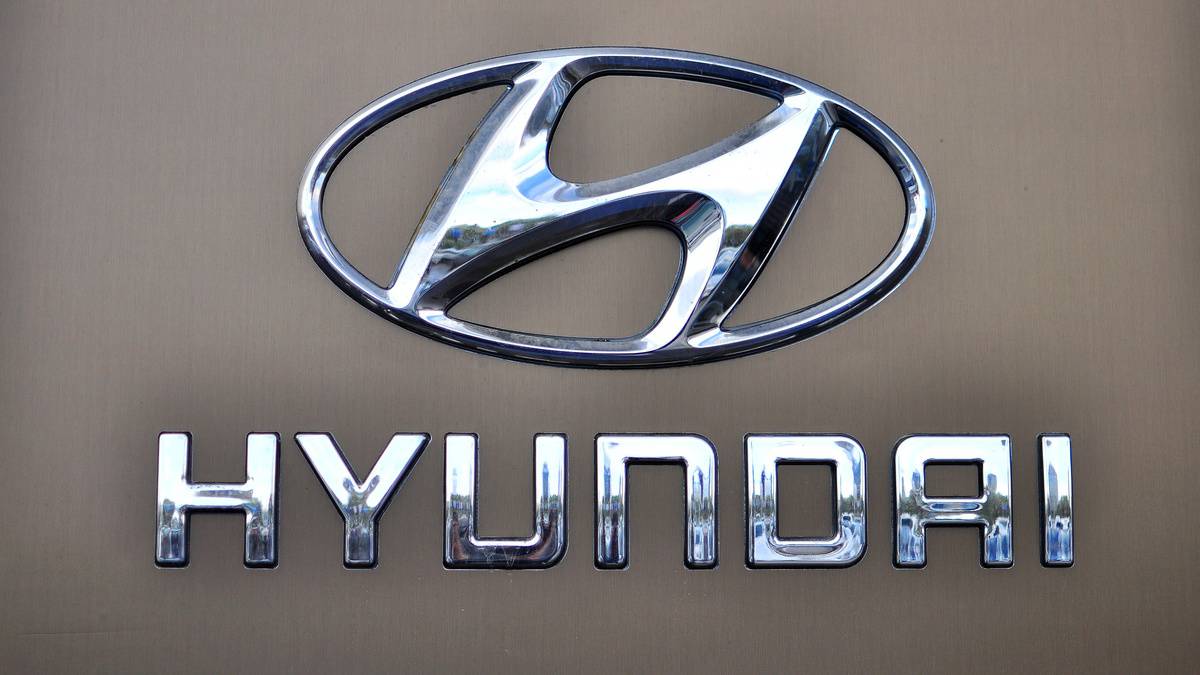Hyundai Motor Company has set its eyes on the growing Thai electric vehicle market. The South Korean legacy automaker plans to invest 1 billion baht ($28 million) in local EV and battery assembly, according to the country’s Board of Investment (BOI).
Hyundai to build EV and battery assembly facility in Thailand
Hyundai is now set to invest 1 billion baht ($28 million) to establish a new production facility to assemble electric vehicles and batteries in Thailand after securing the BOI’s approval for its proposal.
Per the announcement on Wednesday, Hyundai aims to kick off electric vehicle and battery production by 2026. While the company has not yet revealed more specific details about its production plans, the BOI outlined that the new facility will crank out an “equal amount of EV batteries.”
The new facility will rise in Samut Prawn Province, near Bangkok.
“Hyundai’s entry in Thailand’s EV sector is a very positive development, confirming the attractiveness of Thailand as both a manufacturing base and an important market.”
Narit Therdsteerasukidi, BOI’s Secretary General
Thailand’s EV 3.5 package
The approval comes as the BOI determined that Hyundai’s application to invest “supports Thailand’s EV 3.5 package, enhancing the nation’s role as an EV hub.”
For context, here are the subsidies and guidelines under Thailand’s EV 3.5 package:
| Vehicle Type | Price Cap | Battery Capacity (kWh) | Subsidy Per Unit |
| Electric Passenger Car | <= $58,000 | >= 50 kWh | $1,450 – $2,900 |
| Electric Passenger Car | <= $58,000 | < 50 | $580 – $1,450 |
| Electric Pickup Truck | <= $58,000 | >= 50 | $1,450 – $2,900 |
| Electric Motorcycle | <= $4,350 | >= 3 | $145 – $290 |
In addition, electric passenger cars with maximum prices of $200,000 will benefit from a reduced excise tax from 8% to 2%.
The Thai government also agreed to lower the import duties of electric passenger cars by up to 40% as long as they meet the price cap of $58,000. It applies to imported Completely Built-Up Units (CBUs) from 2024-2025. Electric automakers must also commit to local production for at least two models by 2026.
“Thailand’s strong existing supply chain will allow Hyundai to source not less than a third of the raw materials and parts it needs from within Thailand, thus supporting the local industry.”
Narit Therdsteerasukidi, BOI’s Secretary General
Tapping into Southeast Asia’s growing EV market
Thailand’s thriving electric vehicle industry is currently dominated by Chinese players, particularly BYD and Great Wall Motors. They leverage the country as a production base for exports across the Southeast Asian region.
The notable growth of the domestic EV market is unsurprising, considering that Thailand is the region’s leading automotive production hub. It accounted for 55% of Southeast Asia’s total EV sales in Q1 2024, per Counterpoint Research.
Thailand will play a crucial role in Hyundai’s efforts to further advance its electrification efforts amid the dominance of low-cost Chinese EVs in the region.

